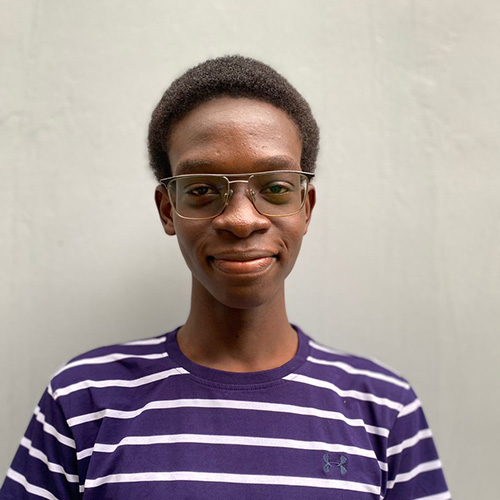Fueling Change: The battle against burning of fossil fuels at COP28
January 10by Sylvester Stephen Mtenga
Nations at COP28 agree to ‘transition away from fossil fuels in energy systems
BBC
From the electricity that we use to power our coffee makers, to the fuel that powers our cars for our daily commutes, it is evident that a large part of our lives is dependent on energy. However, where does the energy needed to power our cars and factories, provide electricity for our homes and businesses come from?
The answer lies deep in the Earth’s crust in the form of fossil fuels.
Fossil fuels such as coal, methane, petroleum and natural gas to name a few, are made from decomposing plants and animals. Once burned, they release carbon and hydrogen, which are used as primary sources of energy. The use of fossil fuels dates back to the 18th century where people began using coal to heat their homes, fuel trains and ships and power factories to make iron and steel.
Nowadays, fossil fuels have become an integral part for the development of the human race as nearly everything within our possession: computers, cosmetics, paint, household appliances to name a few, contain a percentage of fossil fuels. Added advantages of fossil fuels range from their easy availability to their cost efficiency.
Governments and businesses of resource rich countries benefit from fossil fuels in the form of job opportunities and economic stability from the export of these fossil fuels. However, this does not come without implications particularly to the environment.
Climate change is at an all-time high and we can attribute that to the burning of fossil fuels which accounts for 85% of global air pollution. Burning of fossil fuels releases carbon dioxide and nitrous oxide, two powerful greenhouse gasses and contributors to global warming.
Furthermore, the effects of burning fossil fuels extend to the population. Research from Harvard University reported a death count of 8 million people and cited air pollution as causing 1 in 5 deaths worldwide.
Thankfully, the United Nations has been at the forefront of the efforts to save our planet. With policies such as the Paris Agreement and the United Nations Framework Convention on Climate Change (UNFCCC) and most notably, their COP climate conferences, the UN has actively brought nations to a united front in the fight against climate change.
This year’s COP28 climate conference brought together world leaders, delegates, policy makers, negotiators and climate activists for a two-week long discussion on ways to manage the adverse effect of climate change. As one of the targets set by the United Nations is to limit global heating to 1.5 degrees Celsius, it was inevitable to bring up the topic of fossil fuels.
Much debate sparked around the adoption of either phase-out or phase-down policies regarding the use of fossil fuels, with developed countries opting for the latter while climate-vulnerable countries, the former. But, we can all attest to the fact that the safety of the planet and its inhabitants is more important than economic gain and development and in the end, the best possible solution agreed on was to ‘phase-out’ the use of fossil fuels.
Solutions proposed were to switch to zero and low-emission technologies and provide adequate financing to climate-vulnerable nations through the Loss & Damage fund to help them strive to do the same as well as recover from climate-induced damages.
In his closing speech, the UN Climate Change Executive Secretary, Simon Stiell stated ‘this outcome is the beginning of the end’ and he urged governments and businesses to ‘turn their pledges into real-economy outcomes, without delay.’
And thus begins the lifelong transition and journey from fossil fuels to an environmentally sustainable planet.






